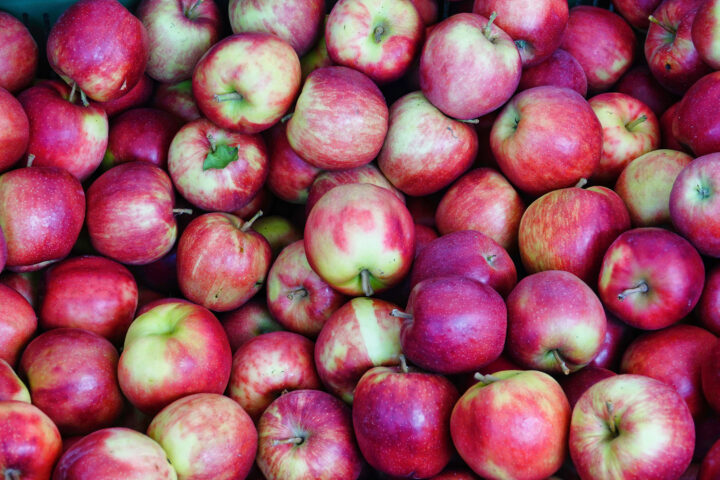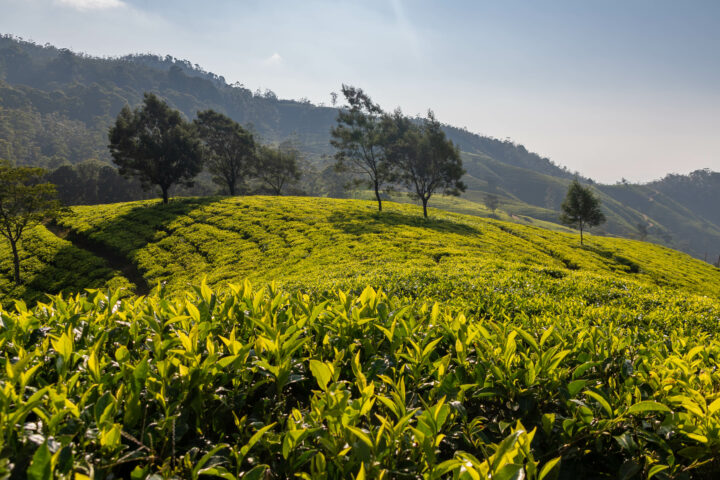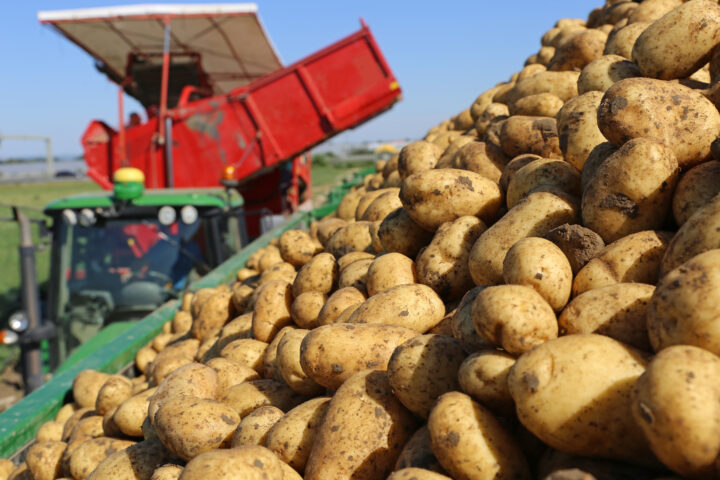
Moderate consumption of aspartame is harmless
According to researchers, frequent consumption of the artificial sweetener aspartame can cause cancer. This news caused some attention in the summer of 2023.
Tuesday, August 15, 2023
According to the NZZ, however, nutrition experts are reacting calmly to the news. There is a simple reason for this. The assessment as "possibly carcinogenic" alone says little. What is decisive is the amount that a person consumes. The World Health Organisation (WHO) is not worried either. In the context of normal consumption, aspartame is harmless. Anyone who chews artificially sweetened chewing gum or drinks an artificially sweetened soft drink from time to time has nothing to worry about.
Quantity makes the poison
The basis for the headlines was the reclassification of aspartame as "possibly carcinogenic" by the International Agency for Research on Cancer (IARC). The IARC classification is discussed in the swiss-food glossary article on the keyword "carcinogenic". The different classifications on the subject of carcinogenicity are also the subject of a newsletter. The NZZ writes: "Important to know: The IARC only assesses whether a substance could in principle cause cancer. It does not take into account how much of it a person would have to ingest to have a risk of disease, explained Mary Schubauer-Berigan. She heads the IARC Monographs programme responsible for classification."
The importance of limit values
This is the crucial point, which of course applies not only to aspartame, but also to other substances such as pesticides, which the International Agency for Research on Cancer evaluates. The label "possibly carcinogenic" alone says nothing. The inherent toxicity, i.e. the danger alone, says nothing. What is decisive is how much a person ingests, for example, how much substance a person takes in under real conditions. That is the risk: the inherent danger times the exposure. That is why there are limit values. For aspartame, the recommended maximum is 40 milligrams per kilogram of body weight. According to the NZZ, that is nine to 14 doses of a drink containing high levels of aspartame per day for a person weighing 70 kilograms. With these amounts, one can no longer speak of moderate consumption.
Sources
Neue Zürcher Zeitung, 14 July 2023
Kindly note:
We, a non-native editorial team value clear and faultless communication. At times we have to prioritize speed over perfection, utilizing tools, that are still learning.
We are deepL sorry for any observed stylistic or spelling errors.
Related articles

Science resists ban on GMO crops
The Supreme Court in the Philippines wants to stop the cultivation of genetically modified plants Golden Rice and Bt aubergine (Bacillus thuringiensis). This is anything but well received by the government and the scientific community: The ban could jeopardise the country's food security.

Where the focus lies in apple breeding
The new head of Agroscope's fruit breeding research group is Andrea Patocchi. In an interview with the trade journal Obst + Wein, he explains where the focus of apple breeding lies today.

Chinese robot picks tea
There is a shortage of tea pickers in China. A robot developed by a researcher is set to remedy the situation and take over the work in future. Thanks to artificial intelligence, the machine can even recognise the shoots of the tea plant. The first harvesting robots are also already being developed in Switzerland.

Potato farmers want robust varieties
As the use of crop protection has been massively reduced, the potato industry now wants to focus on more robust varieties. The industry has even concluded a target agreement with the federal government. This is ambitious: By 2040, robust varieties are to grow on 80% of potato cultivation areas.

